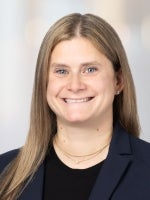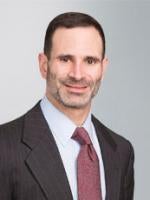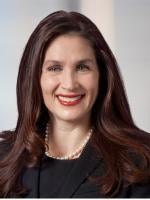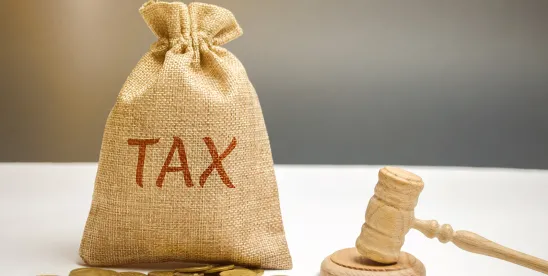On May 28, 2025, in Soroban Capital Partners LP v. Commissioner (T.C. Memo 2025-52) (“Soroban II”), the Tax Court held the active role of limited partners in a fund manager caused them to fail to qualify as “limited partners” for purposes of section 1402(a)(13) and, therefore, the limited partners were subject to self-employment tax.[1] This is the second Soroban Tax Court case. Previously, in Soroban Capital Partners LP v. Commissioner (161 T.C. No. 12) (“Soroban I”), the Tax Court held that a functional analysis is necessary to determine whether a limited partner is a “limited partner, as such” for purposes of section 1402(a)(13). In the recent case, the Tax Court held that Soroban’s partners were not functionally acting as limited partners because the limited partners “were limited partners in name only.” Two Tax Court cases that reached similar conclusions to Soroban I and Soroban II are being appealed to Courts of Appeals.[2]
Section 1402(a)(13) excludes from self-employment tax the distributive share of income or loss from any trade or business of a partnership carried on by “limited partners, as such.” To determine whether a partner qualifies as a limited partner for these purposes, in the first Soroban case, the Tax Court determined that a functional analysis of a limited partner’s roles and responsibilities was necessary.
In the recent Soroban case, the Tax Court stressed that the test of whether a partner is a limited partner for these purposes is not based on a set number of factors, but it takes into account all relevant facts and circumstances. The Tax Court applied this test and looked to the limited partners’ role in generating Soroban’s income, their role in managing Soroban’s operations, the amount of time they devoted to Soroban, the way Soroban marketed the partners’ expertise and role in the business and the significance of the partners’ capital contributions compared to the fees Soroban charged for its services. The Tax Court concluded that Soroban’s limited partners were essential to generating the business’ income, oversaw day-to-day fund management, devoted their full time to the fund, were held out to the public as essential to the business and contributed insignificant capital relative to fees charged. These factors indicated that the partners’ capital contributions were not investment related.
Each of Soroban’s limited partners were founders and portfolio managers, made hiring decisions, managed employees and worked full time. However, only one was a “key man” and contributed capital. One did not contribute capital and was entitled to only 6.32% of profits. Nevertheless, the Tax Court held that the activities of all of Soroban’s limited partners (including the 6.32% partner) constituted more than mere passive investment for section 1402(a)(13) purposes and, thus, the partners’ income distributions were subject to self-employment tax.[3] The recent Soroban case applies the functional analysis of the first Soroban case and concludes that the limited partners were too active to be treated as limited partners for purposes of section 1402(a)(13). Unless reversed on appeal, Soroban II presents a substantial risk for active fund managers, as the Tax Court’s particular application of the functional analysis test would seem to cast substantially all active managers as ineligible for “limited partner” treatment.
[1] References to sections are to the Internal Revenue Code of 1986, as amended.
[2] Denham Capital Management LP v. Commissioner (T.C. Memo 2024-114) is being appealed in the U.S. Court of Appeals for the First Circuit; Sirius Solutions LLLP v. Commissioner (Docket No. 30118-21) is being appealed in the U.S. Court of Appeals for the Fifth Circuit.
[3] All three of Soroban’s limited partners were principals. It is possible that lower-level employees might be respected as limited partners, although the Tax Court did not provide any guidance on this point.
Jamiel E. Poindexter, Stuart Rosow & Rita N. Halabi also contributed to this article.







 />i
/>i
